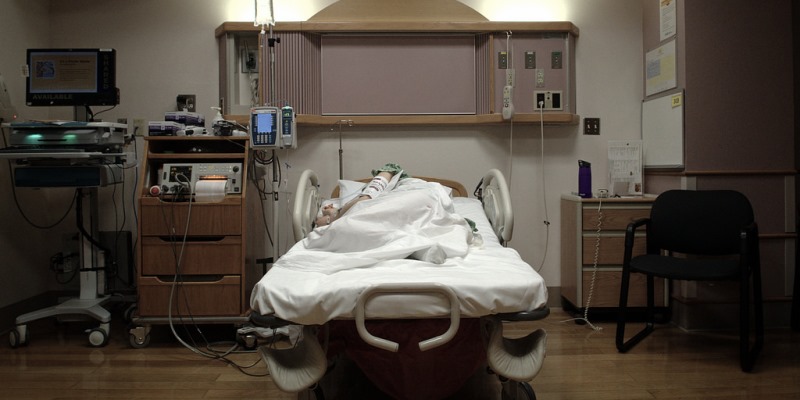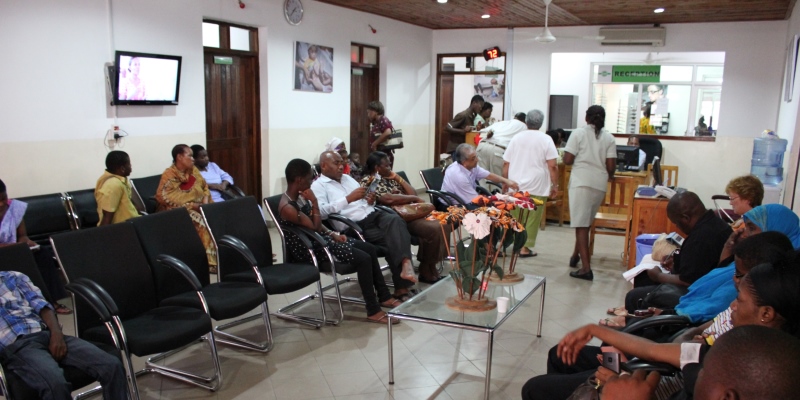In Germany, individuals can opt out of the public plan and buy private insurance.
healthcare
Last year, an estimated 1,082,541 Canadians waited for medically necessary treatment.
A 1991 report recommended a 10 per cent reduction in medical school enrolment in Canada.
Patients in Saskatchewan still have access to universal care—just a lot sooner than before thanks in part to private providers working within the system.
Ontarians waited 29.7 weeks (on average) for orthopedic surgery this year.
You know things are bad when the best you can say is “at least it hasn’t gotten any worse.” That, essentially, is the main takeaway from the Canadian Institute for Health Information’s updated report on wait times for healthcare in Canada.
As those who have ever endured painful months, or even years, waiting for medically necessary treatment have discovered, all the new cash poured into Canadas health care system in recent years has made little difference.
Last month the Canadian Institute of Health Information [CIHI] released a report indicating that about 80 per cent of patients received treatment in priority clinical areas (cancer, heart, diagnostic imaging, joint replacement and sight restoration) within targeted benchmarks. But a closer examination suggests that it is certainly no reason for celebration.






